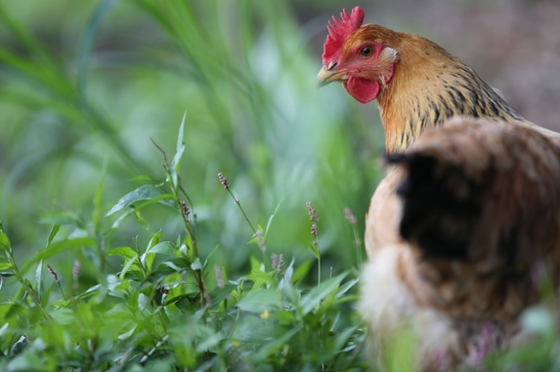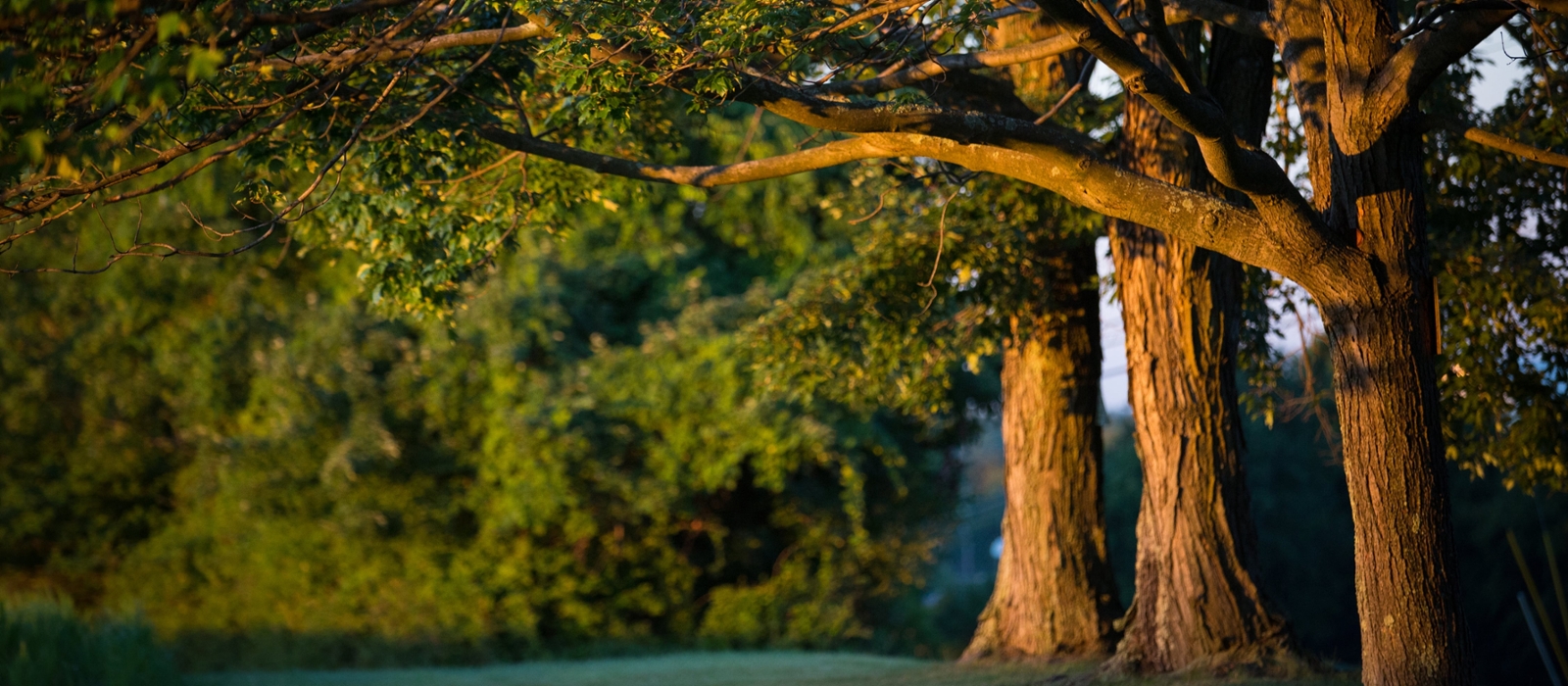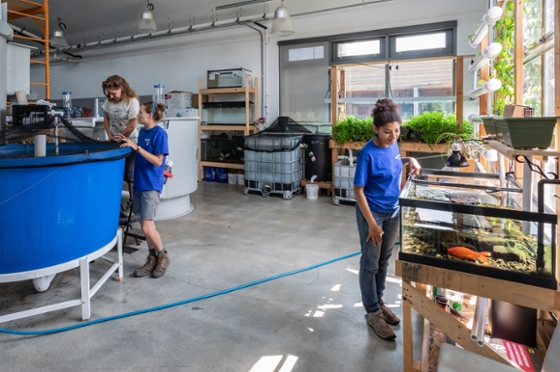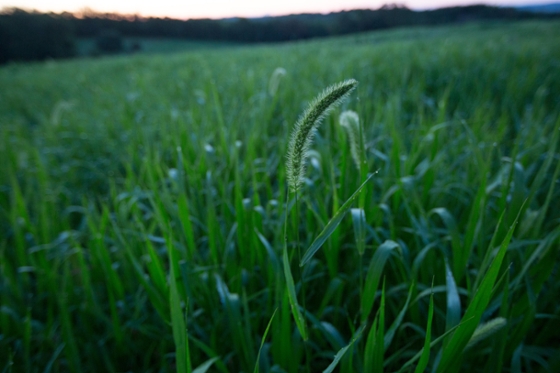
FST532: Sustainable Meat Production
You'll learn how to...
- break down and cook chicken, lamb, and beef
- harvest, gut, fillet, and cook fish
- butcher in small and large scale
- visit Jamison Farm
- visit Country View Family Farms to learn about their confined pork production
- create a final project, with the option to make it experiential and animal and/or culinary-based. Past projects have included a design of rotational grazing plans and the design and construction of a chicken coop.



